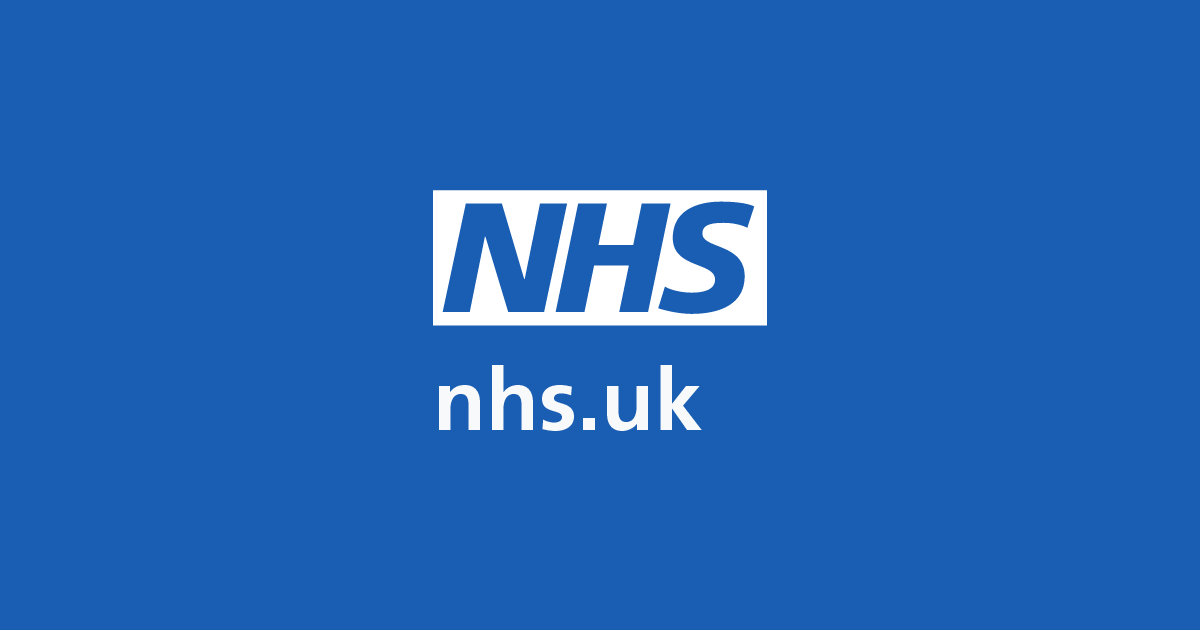Eddy Edson
Well-Known Member
- Relationship to Diabetes
- Type 2
Results From 2003 to 2011, there was a decrease in mortality from stroke by 42% (p<0.001) and IHD by 40% (p<0.001). In parallel, there was a fall in BP of 3.0±0.33/1.4±0.20 mm Hg (p<0.001/p<0.001), a decrease of 0.4±0.02 mmol/L (p<0.001) in cholesterol, a reduction in smoking prevalence from 19% to 14% (p<0.001), an increase in fruit and vegetable consumption (0.2±0.05 portion/day, p<0.001) and an increase in body mass index (BMI; 0.5±0.09 kg/m2, p<0.001). Salt intake, as measured by 24 h urinary sodium, decreased by 1.4 g/day (p<0.01). It is likely that all of these factors (with the exception of BMI), along with improvements in the treatments of BP, cholesterol and cardiovascular disease, contributed to the falls in stroke and IHD mortality. In individuals who were not on antihypertensive medication, there was a fall in BP of 2.7±0.34/1.1±0.23 mm Hg (p<0.001/p<0.001) after adjusting for age, sex, ethnic group, education, household income, alcohol consumption, fruit and vegetable intake and BMI. Although salt intake was not measured in these participants, the fact that the average salt intake in a random sample of the population fell by 15% during the same period suggests that the falls in BP would be largely attributable to the reduction in salt intake rather than antihypertensive medications.
Conclusions The reduction in salt intake is likely to be an important contributor to the falls in BP from 2003 to 2011 in England. As a result, it would have contributed substantially to the decreases in stroke and IHD mortality.

